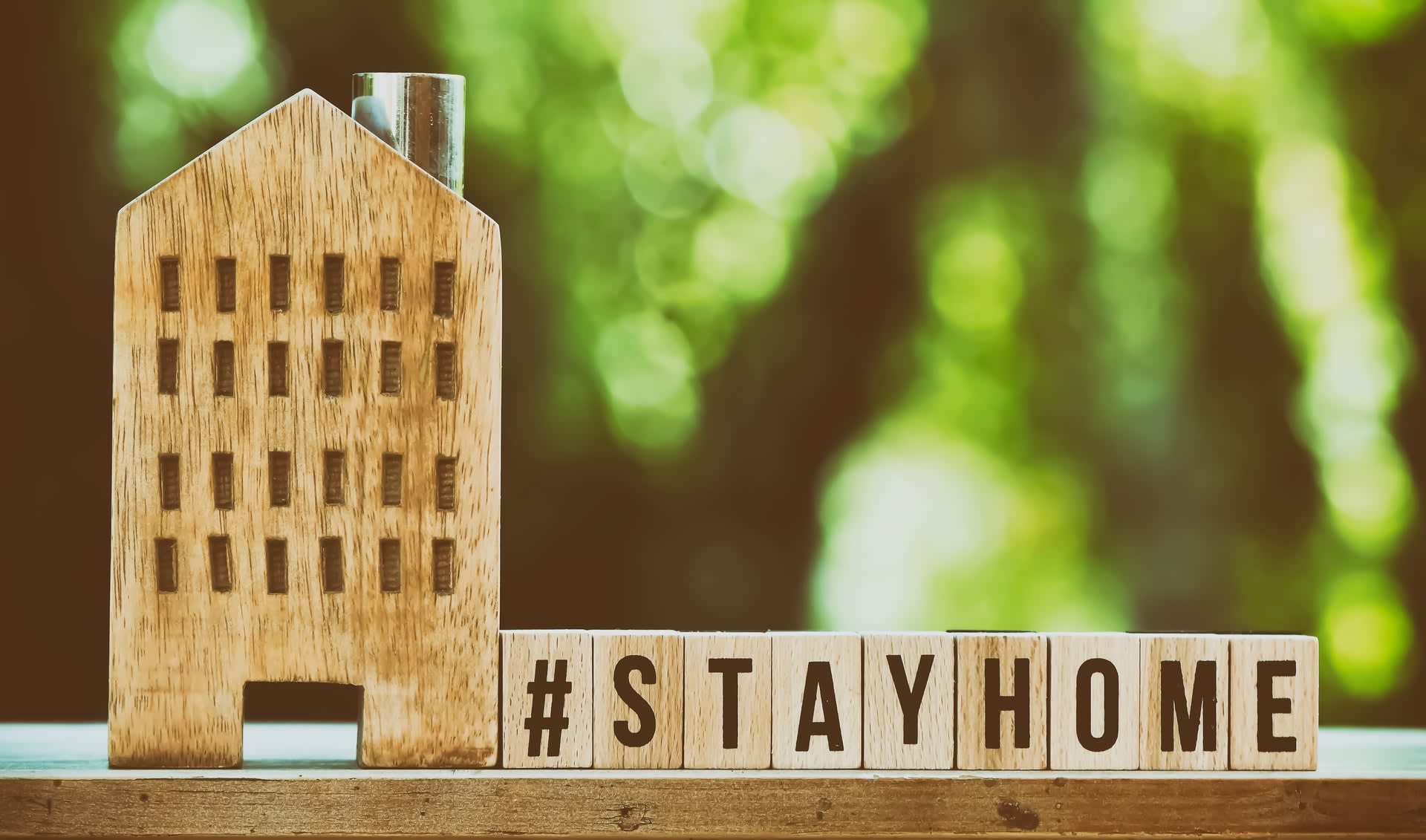

When the first lockdown hit, the drinks industry had to react quickly and it did, in a remarkable display of human ingenuity and endeavour.
Overnight we found that distilleries turned to drive-throughs (to pick up a bottle for later), and brands found themselves organising online tastings to keep their connection with customers. Cocktail delivery services and virtual happy hours became a thing. And although we had lost the luxury of raising a glass in person, we had at least replicated it in the virtual world to some extent.
In fact, despite the connective loss of meeting friends or family in a bar, we found ourselves spending more time talking to people further afield, and for many they felt closer than ever. This elastic warping of our social habits was just another thing to adjust to, and it’s had a knock-on effect on our consumer habits when it came to drinks. According to The Drinks Business, “Lockdowns in the UK and US have fast-tracked consumer trends that were lurking well before Covid-19 spread across the globe.” So, what consumer habits changed? And was this just a temporary shift that reverted as soon as hospitality was open again?
Cocktails at home
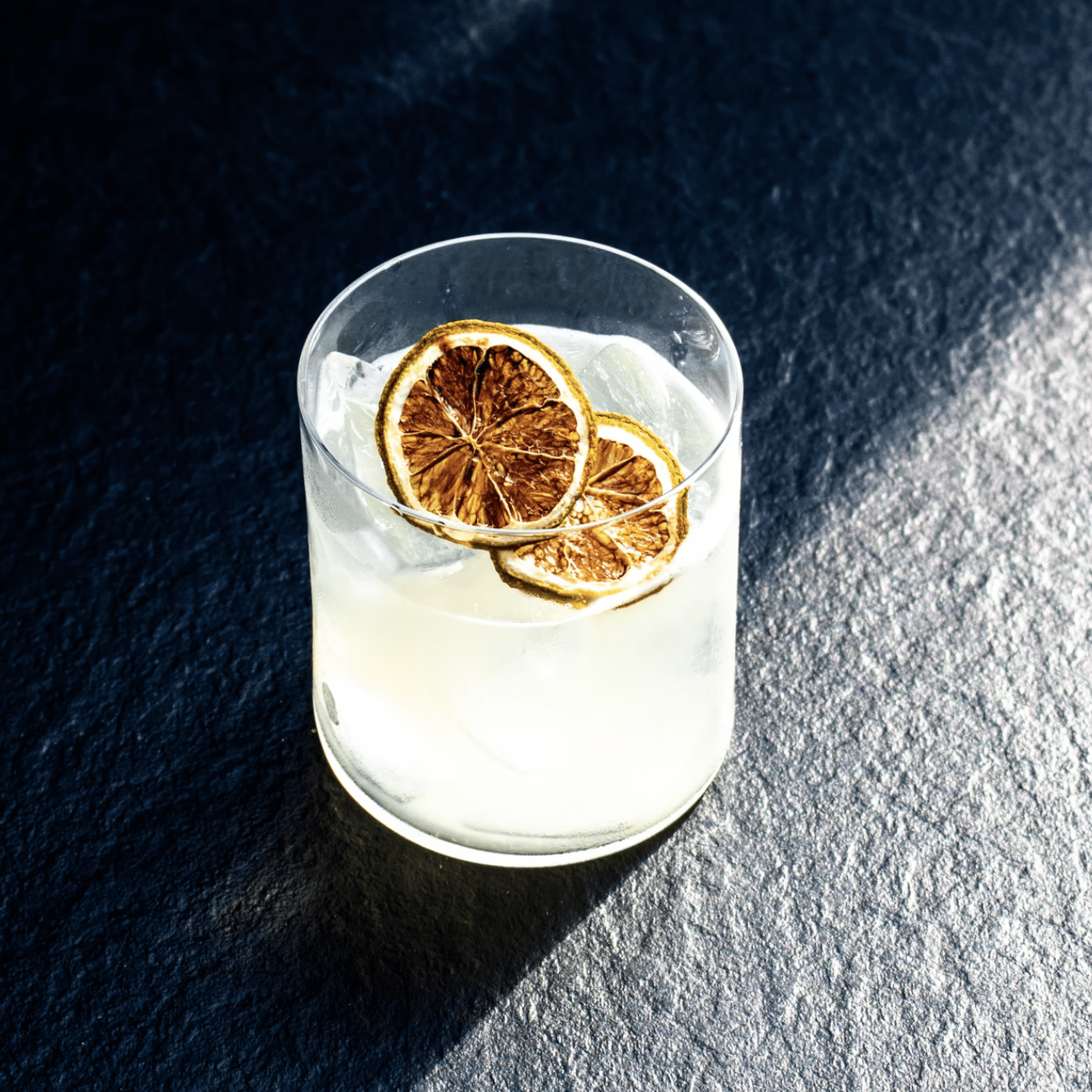

Rosie Milsom, of Atom Supplies, noticed a rise in home bartending. “We did see a huge rise in sales over lockdown, specifically bar ingredients/cocktail kits and bundles. Customers were clearly yearning for that at-home bar experience that they were really missing out on. Now, the at-home cocktails space is still proving popular but it has slowed. That said, I think that whilst people aren't buying as much, it has helped them to be more creative in what they are drinking and has given them the confidence and ability to make their own drinks at home”.
I have also noticed this increasing interest in my own work, not only through sales, but online tutorials too. The material generated by brands also shifted. Whereas before, focus was on showcasing a product with an exquisite serve, while during the lockdown the spotlight was put on simpler serves at home.
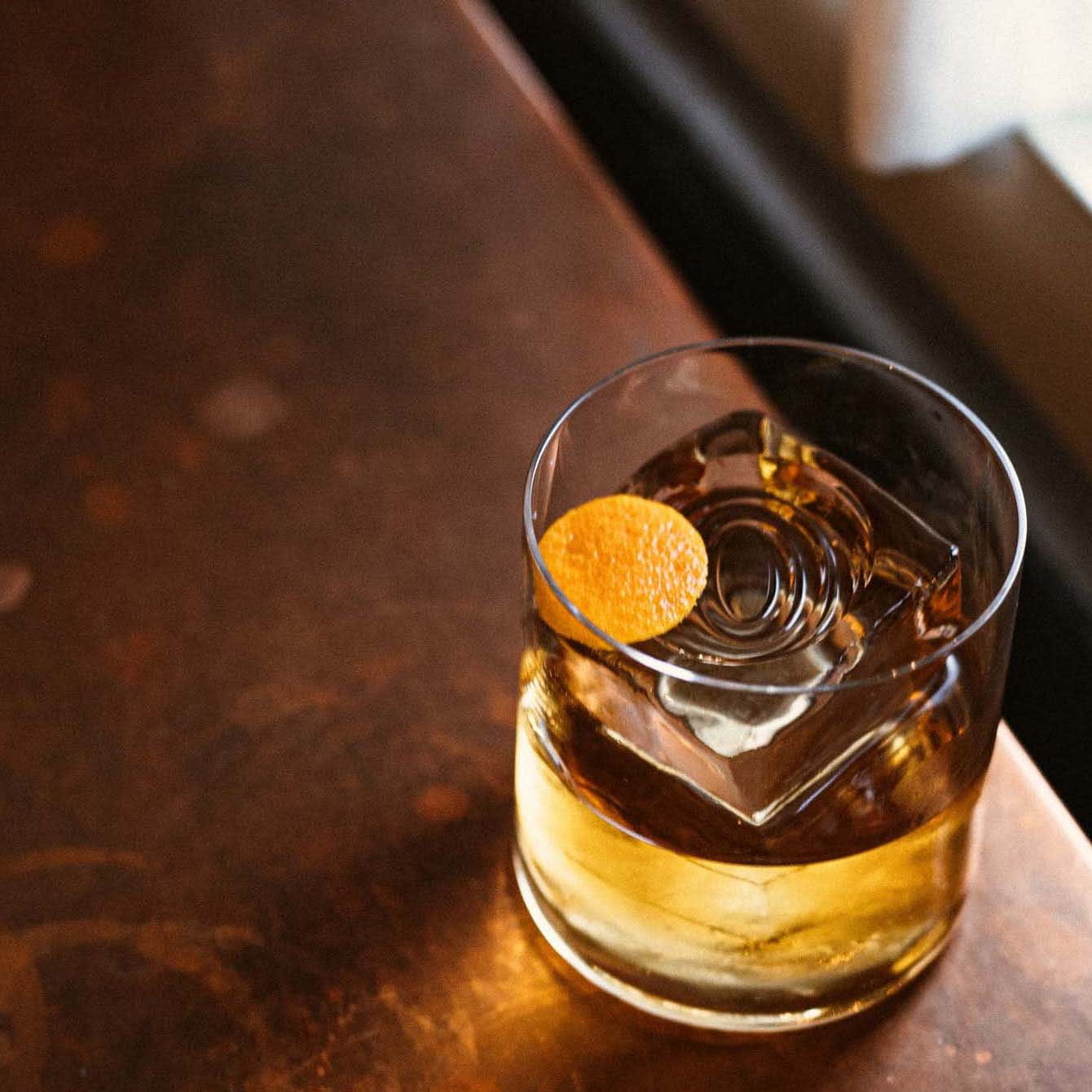

But, as Rosie explains, those of us who weren’t as confident making drinks at home didn’t have to miss out. “Pre-bottled cocktails emerged strongly and continue to be popular post-lockdown, as it gives people the flexibility to enjoy a cocktail made by 'experts' and removes the need to buy a whole bottle of something you may only use once. It's also really easy and takes the stress out of creating a 'perfect' cocktail.”
Their continued popularity is something I’ve certainly seen with ‘gin tinnies’, which sent the RTD category soaring with their convenience.
They have quickly become the spirited equivalent of a craft beer and are now kept in the fridge at home, or coolers to be taken on picnics or to the beach. Not only is it a simple case of cracking a can without mixing anything, but it also allows variety. You could take a collection of RTDS out and have several different drinks, an entire bar in your box, with none of the faff.
E-Tourism and online events
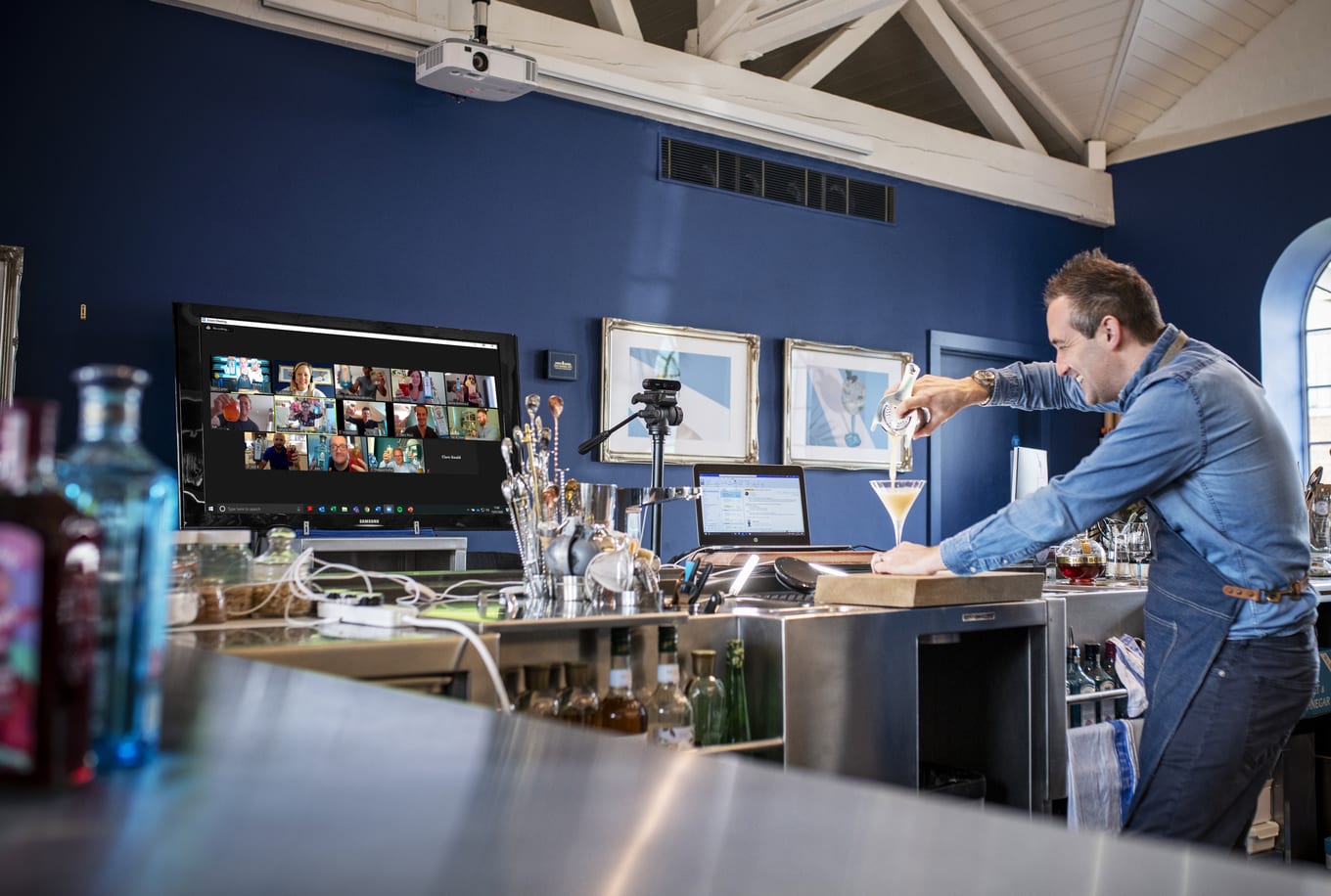

Virtual events have become a cultural norm in a very quick space of time. We have all gained an intimate perspective of people in their homes, as opposed to the sterility of offices. We have become aware that others hang their washing over radiators, have piles of children’s toys in the background, or a cat striking a lewd pose for your Aunt Masie.
Virtual events existed before lockdown, but the sudden necessity of them to keep everything moving meant we had to adapt quickly. As spirits expert David T Smith explains, “There is definitely a value in virtual events. There are logistical problems, but they can be overcome. The interesting thing is that the technical proficiency of people became better because they were forced.”
One of the key advantages to virtual events was the accessibility it offered, especially to distilleries that are off the beaten track. Whilst is it fantastic seeing a place in the flesh, sometimes the journey can be off-putting, especially if only for an evening event as opposed to a whole day. David agrees with this. “You can engage people that couldn’t feasibly be involved before. I think it opens up some of the personal touch that you get from going to a distillery. People can at least have a chat with the owners and it makes it more accessible for those with constraints on their time, where they live, or responsibilities. I think it’s quite liberating in many respects.”
I agree. Having worked on the Craft Distilling Expo live and virtual events, I can vouch for the difficulty in transferring the live event to a virtual event format. What we discovered was that whilst many of our patrons joined the virtual platform, we found a new, global audience that would have found the journey to London too much to attend the live event. As a result, we have now kept both formats, and have embraced the differences in what we can offer through each.
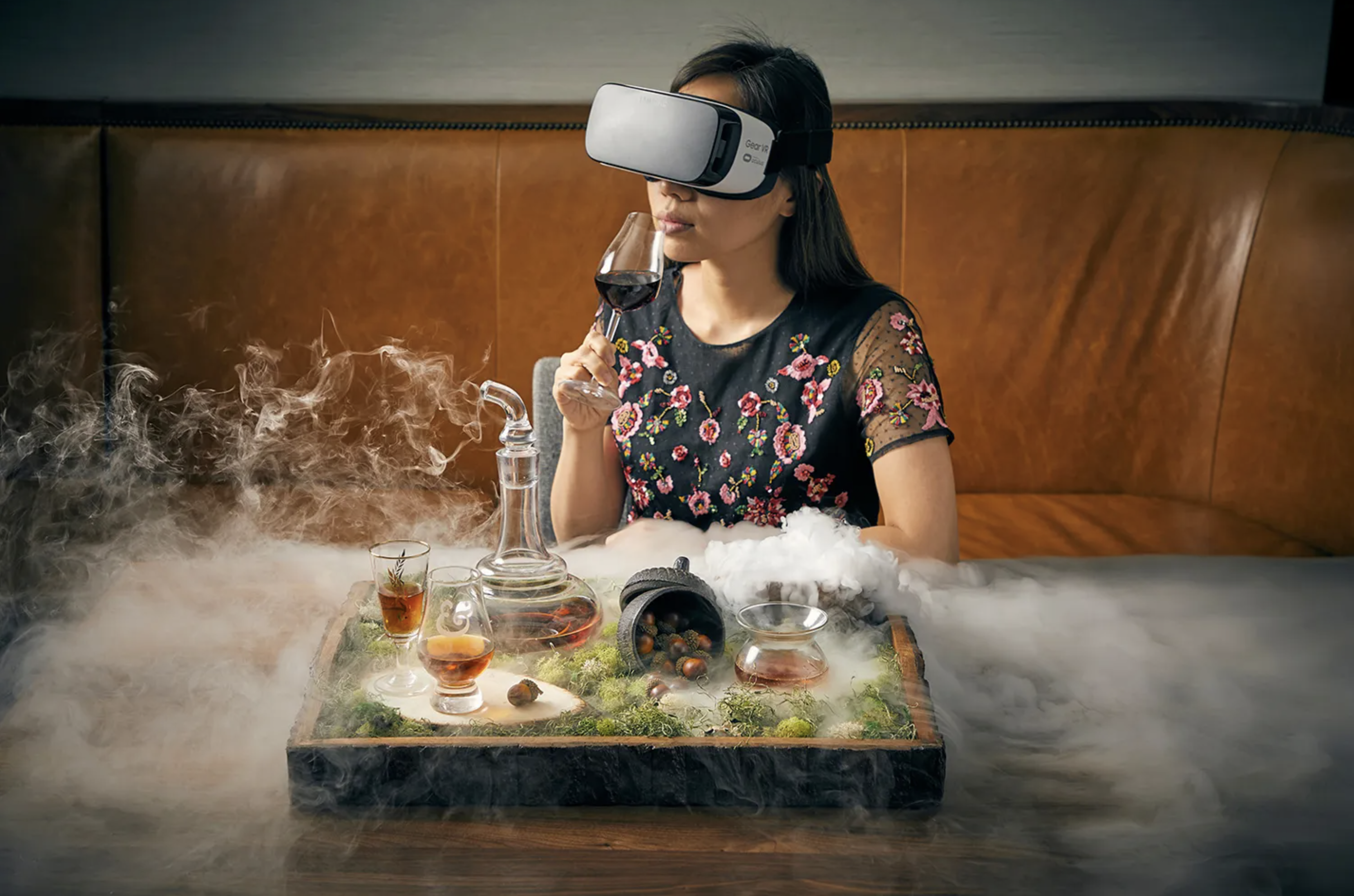

Is it here to stay?
Whatever conclusions we draw now may well be temporary, as the situation is still in a state of flux. “It will be really interesting to see how this affects people’s habits over the coming months with the uncertainty around new variants and the potential risk of more exposure to covid,” Rosie muses. “Also, whether people choose to have smaller gatherings at home as opposed to meeting at the pub or a bar. I think there are still a lot of people who aren't totally comfortable being out and about, there is still a risk for a lot of the population and at home drinking has definitely continued post-lockdown.”
However, I would argue that despite the difficulty in ‘sticking’ in any position currently, most of these changes are here to stay in the long term. They were coming anyway, and most were merely brought forward by pandemic. Now we have adapted to virtual calls, it’s quite mainstream to raise a glass with friends across the globe to celebrate or catch up. Brands can plan tasting evenings where no one has to worry about getting home, as well as better engage with those who would never be able to visit. I believe that many of those who discovered home bartending discovered a new hobby, and enjoy making those semi-complex serves. I also think that our love for convenience means RTDs are here to stay alongside beers in our fridges.
It’s also important to add, this doesn’t detract anything from our face-to-face world. We still want to sit in bars with friends, sipping expertly made drinks. We still want to see distilleries in the flesh and meet distillers in person. That hasn’t changed and these aren’t mutually exclusive worlds. We’ve just been given more options, a wider capacity to connect and enjoy our drinks in different ways. Surely that’s a good thing.



